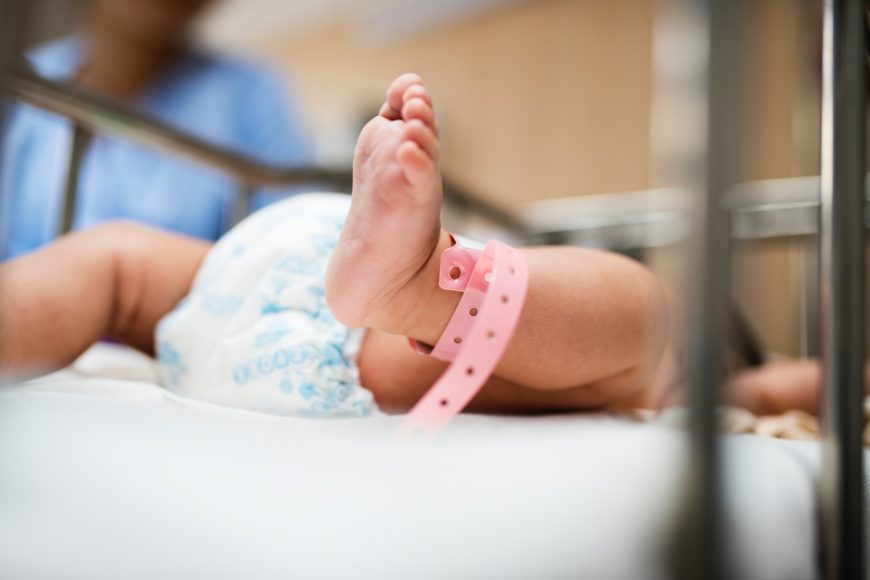Years ago, it was rare to hear about a child with type 2 diabetes. Doctors used to think kids only got type 1. It was even called juvenile diabetes for a long time.
Not anymore. Now, according to the CDC, more than 208,000 people younger than 20 have this disease. That number includes both type 1 and type 2 diabetes.
Here’s what you need to know if your child is diagnosed.
What Is Type 2 Diabetes?
You’ve probably heard diabetes and high blood sugar mentioned together. Here’s what happens. Your digestive system breaks down carbohydrates into a type of sugar called glucose. Your pancreas creates a hormone, known as insulin, that moves glucose from your blood into your cells, where it’s used for fuel.
In type 2 diabetes, the cells in your child’s body don’t respond to the insulin, and glucose builds up in her bloodstream. This is called insulin resistance. Eventually, the sugar levels in her body get too high for it to handle. That could lead to other conditions in the future, like heart disease, blindness, and kidney failure.
Who Gets It?
Type 2 diabetes is most likely to affect kids who are:
• Girls
• Overweight
• Have a family history of diabetes
• Have a problem called insulin resistance
The single biggest cause of type 2 diabetes in children is extra weight. In the U.S., nearly 1 out of every 3 children is overweight. Once a child gets too heavy, he/she’s twice as likely to get diabetes.
One or more of these things may contribute to extra weight or obesity:
• Unhealthy eating
• Lack of physical activity
• Family members (alive or dead) who’ve been overweight
• Rarely, a hormone problem or other medical condition
As with adults, type 2 diabetes is more likely to affect children who carry extra weight around the middle.
What Are the Symptoms?
At first, there may be no symptoms. Over time, you may notice:
• Unexplained weight loss
• Hungry or thirsty a lot, even after eating
• Dry mouth
• Peeing a lot
• Fatigue
• Blurred vision
• Heavy breathing
• Slow healing of sores or cuts
• Itchy skin
• Numbness or tingling in the hands or feet
Take your child to the doctor if you notice any of these symptoms.

